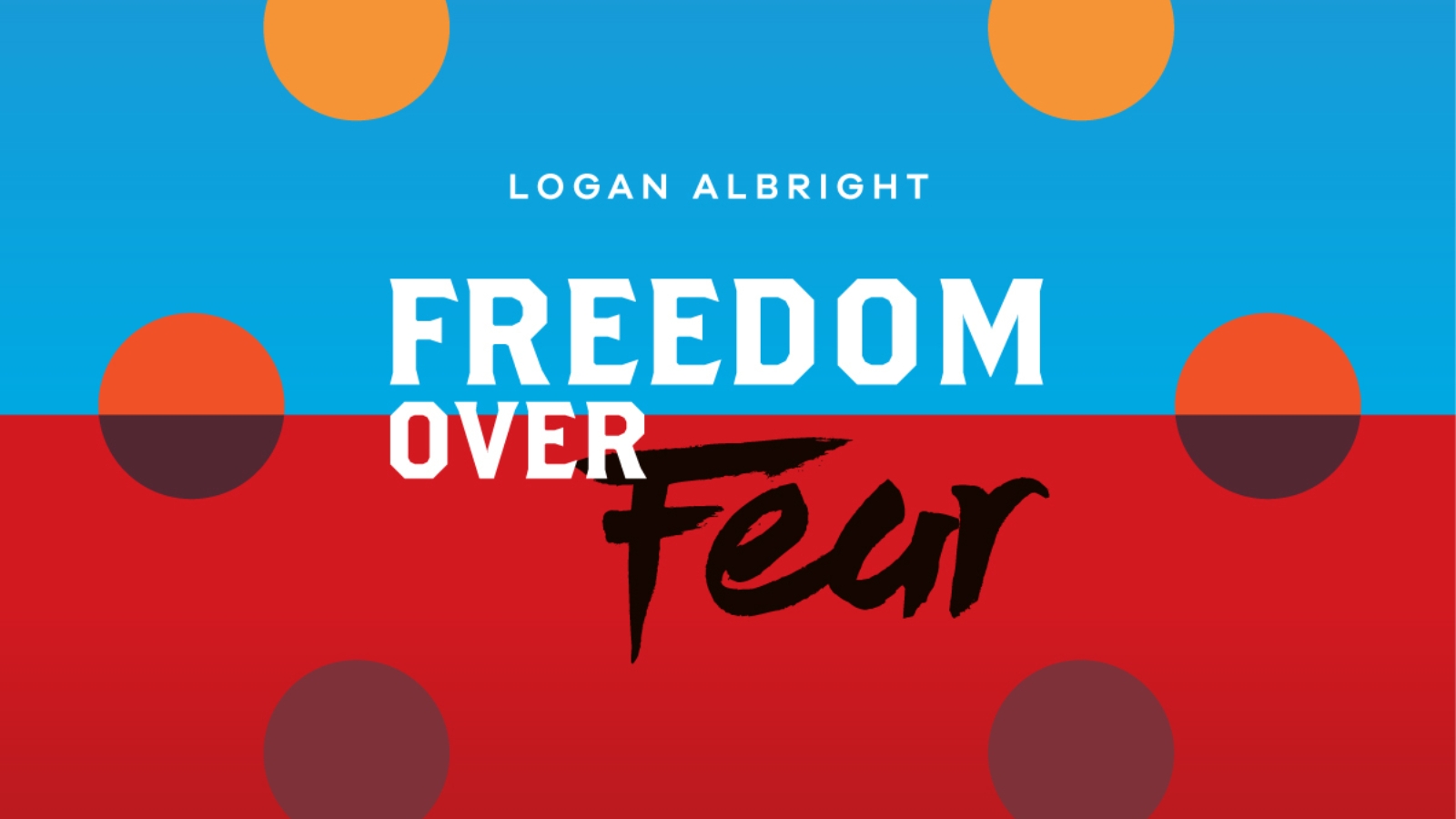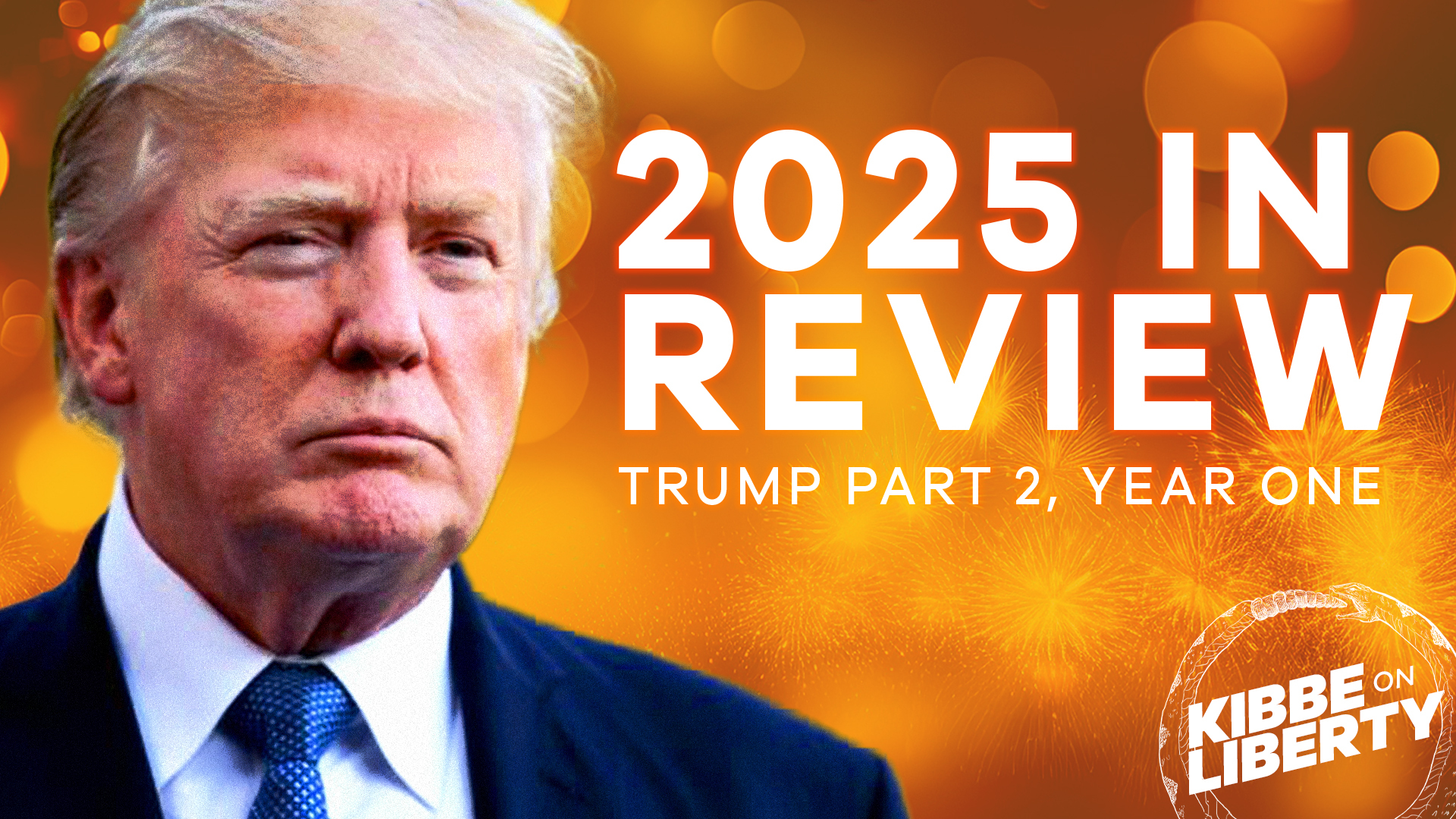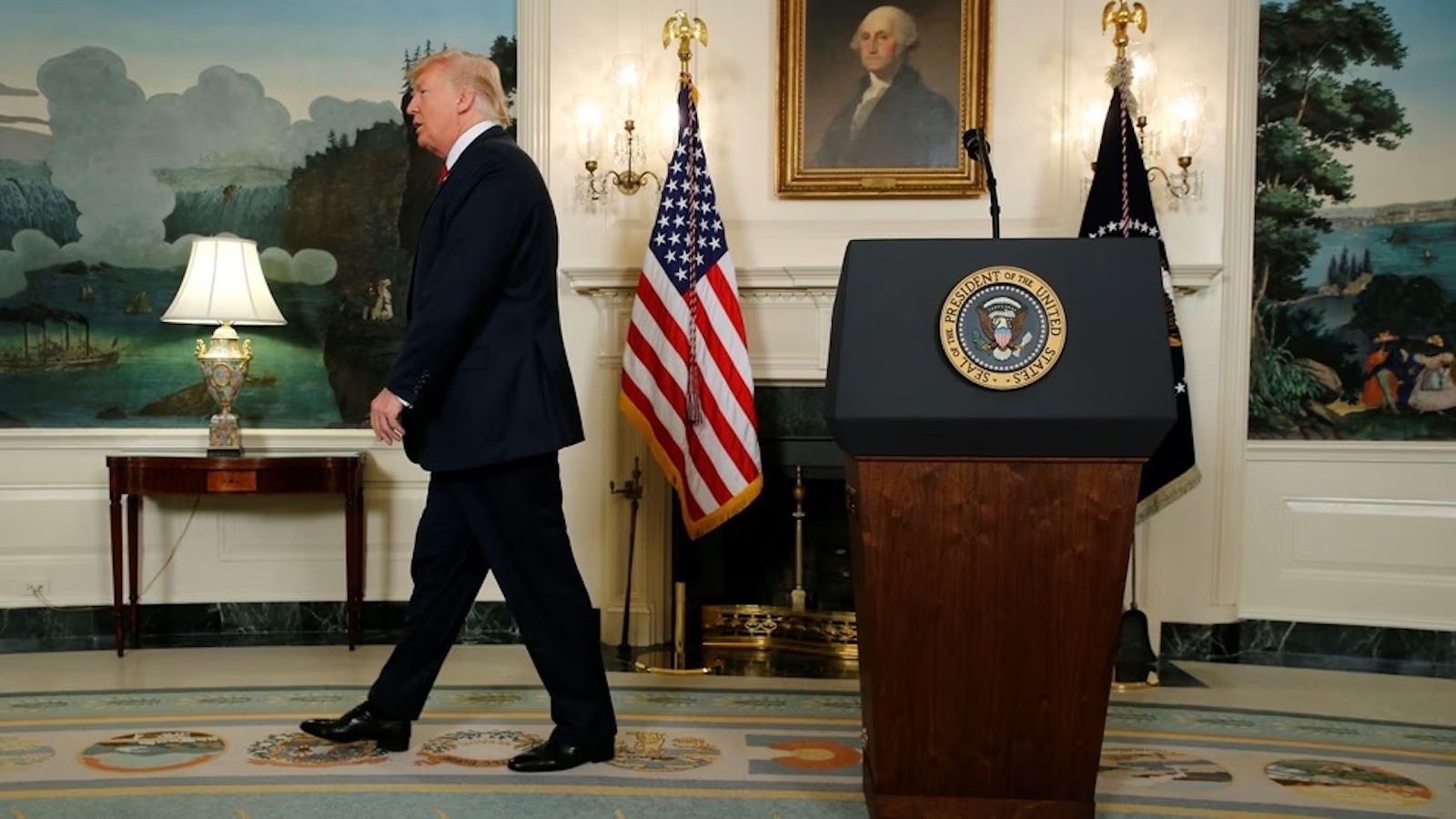
Live Free or Live in Fear
Logan Albright’s new book, Freedom Over Fear, is available now on Amazon.
Over the last few years, I’ve been thinking a lot about fear and what it does to people. We 21st century Americans generally have a pretty cushy existence. With very few exceptions, we are not starving. We don’t have to worry about a bad harvest or a crop failure leaving us without food for the winter. It’s relatively easy to find a place to sleep with a roof and at least some form of climate control, and the odds of being eaten by a wild animal are so low that many women have said that they prefer the company of bears to men. We’ve made more progress in understanding and treating disease than any previous generation. We do not have to put up with hordes of enemy soldiers invading our shores, and only those who volunteer get shipped off to fight in foreign lands. Our social services and charitable organizations are such that, even if the worst happens, help is available. We really have very little to be afraid of at all.
But fear is not rational, and instead of rejoicing in our safety and prosperity, Americans seem more terrified than ever, afraid of fascism and racism, of climate catastrophe, of nuclear war, of new technologies, of immigration and declining birth rates, even of the food we eat. You name it, and someone is probably writing a think piece for The Atlantic about why it’s going to kill us all.
This is a problem, because a population in a continual state of anxiety is highly vulnerable. We saw this during the COVID-19 pandemic, when formerly sensible people suddenly surrendered their most cherished principles to demand that someone, anyone, step up and protect them from getting sick. Personally, I was appalled at how many people who once called themselves libertarians were willing, nay eager, to embrace draconian and unprecedented controls from the government that prohibited Americans from going to work, going to church, from crossing state lines, from visiting relatives, and from comforting their dying loved ones in the hospital.
What the nation experienced in 2020 served as a wakeup call for me. As someone who has spent my career advocating for liberty, I had always assumed that persuading the public was as simple as providing them with facts. I believed that the reason people opposed free markets was because they lacked sufficient data to understand that central planning doesn’t work. Similarly, I figured that people who favor “tough on crime” laws that come at the expense of civil liberties were simply ignorant of the fact that these policies not only fail to reduce crime, but actually create a class of recidivists who make the country less safe while costing the taxpayers a bundle in prison expenses.
What COVID taught me is that even with all the right information, many people who shared my ideology on paper were quick to reverse their positions in the face of danger. Fear, as Frank Herbert wrote in Dune, is truly the mind killer, extinguishing rational thought, risk assessment, and analysis of tradeoffs. The task of making the world a freer place had turned to be much bigger and more difficult than I supposed. In order for people to embrace liberty—not from the comfort of their living rooms but when it really matters—they must first overcome fear itself.
For whatever reason, I wasn’t scared of COVID at all, and I never for a moment thought that lockdowns might be necessary or in any way good. This was not because I believed the virus to be a hoax. I knew it was real. I just didn’t panic about it. I have a couple of theories about why I was able to have this reaction, while others lost their heads. One reason might be that 2020 wasn’t my first pandemic rodeo. I remembered Swine Flu (which I’m pretty sure I caught), Bird Flu, West Nile Virus, Zika, and SARS. I remembered the media reports of how deadly all those diseases were and how we should all be scared of them, and while I’m not denying that those viruses killed people and caused many serious problems, we managed to get through them without locking down the entire economy.
As I’ve gotten older, I’ve realized that perspective is the enemy of hyperbole. You more you know about what has happened in the past, the better you are able to analyze what is happening in the present. Perspective, then, was something I wanted to bring to as many people as possible.
During the pandemic, my colleague Sam Martin had the idea of producing a series of videos highlighting historical instances of government seizing power under the guise of providing safety and security to the people. We wrote the scripts together and Sam performed them and edited the videos, which we called Freedom Over Fear. In doing research for that series, I had the idea that a collection of these stories might make a pretty good book.
It therefore brings me great pleasure to announce the first title published under the Free the People brand. Freedom Over Fear is a tour through the U.S. government’s history of using the language of fear as an explicit tool to increase its own power while robbing citizens of their most basic freedoms. Some of these stories, if they are not familiar already, will be shocking. Too few now remember than Franklin Delano Roosevelt uprooted American citizens of Japanese dissent, imprisoning them in concentration camps for much of the duration of World War II. Or that the campaign to root out communist sympathizers during the Cold War adopted the tactics of the Nazis in waging psychological and propagandistic warfare against impressionable schoolchildren. Or that an innocent symphony orchestra conductor was hounded, smeared, detained, and eventually deported for refusing to include the National Anthem in his concert programs. Other stories will be more familiar, such as the rushed passing of the Patriot Act creating a vast surveillance bureaucracy or the authors of the Green New Deal’s plans to eliminate beef and air travel from our entire country.
The point of all this is to provide readers with some much needed perspective. Armed with the data of history and the knowledge that it is always in the government’s interest to whip up fear, perhaps we won’t be so easy to fool next time. As a bonus, I’ve also provided some tips on how to manage and overcome fear that I have found effective in my own life. Unlike the two-faced Roosevelt who simultaneously stoked and cautioned against panic, I make no claim that the only thing we have to fear is fear itself. There are real dangers out there, to be sure. But these must be approached with a clear head and a courageous heart. Otherwise, we risk placing the keys to the kingdom in the hands of opportunistic tyrants.
Freedom Over Fear is available now on Amazon.
Free the People publishes opinion-based articles from contributing writers. The opinions and ideas expressed do not always reflect the opinions and ideas that Free the People endorses. We believe in free speech, and in providing a platform for open dialogue. Feel free to leave a comment.



